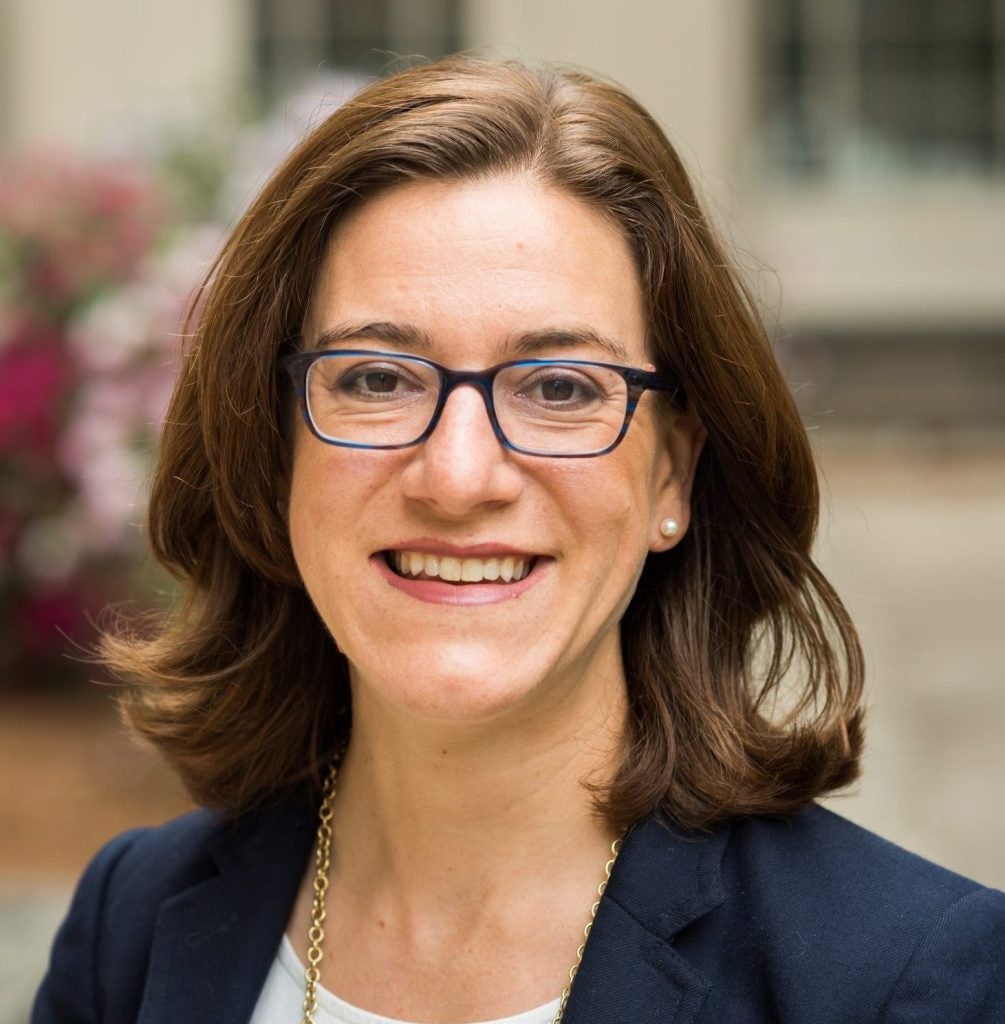Q&A on environmental policy with Parrish Bergquist
McCourt School Assistant Professor Parrish Bergquist studies environmental policy and politics in the U.S., with a focus on public opinion and political behavior. She teaches classes in environmental policy and statistics, helping students apply theories and insights from political science, sociology and economics to many public policy topics.

What made you want to study environmental policy?
I became convinced in my early twenties that climate change is the most serious existential challenge that the world faces. My experience living in Honduras as a Peace Corps Volunteer showed me that people in certain parts of the world were already starting to feel its effects yet had very little to do with causing the problem. Meanwhile, in the U.S., our infrastructure and other material conveniences prevented us from feeling some of the short-term effects of climate change. I found this inequity between causes and experiential impacts to be quite disturbing, and I decided that this was the problem I wanted to dedicate my career to trying to solve.
Much of your research has focused on perceptions of global warming. What have you learned about how these perceptions shape political behaviors?
We have seen that people do respond to new information about climate change, including experiencing rising temperatures. However, these effects seem to pale in comparison to the very strong partisan identities that help to shape the way people think about political issues including climate change. That said, there is a rising level of public consciousness around this issue and increasing pressure on political leaders to do something about it. The problem is that pressure seems to be concentrated on the political left, mostly focused on Democrats and liberals and, to some extent, younger conservatives.
Does linking climate policy to other economic and social reforms tend to work politically?
Yes, based on our research, linking programs to promote social and economic wellbeing with climate solutions is popular in the U.S. On the political left, this linkage has the important effect of engaging constituencies for whom climate change might not be the top priority, i.e., those who are more worried about issues like health care and economic concerns. On the right, support for linking climate and economic or social priorities depends on which specific priority we’re talking about. Trying to introduce government-sponsored health care or free college into a policy bundle to address climate change has the effect of reducing Republican support for the bundle. But we don’t find evidence that other ideas like retraining programs for fossil fuel workers, supporting clean energy job creation and expanding affordable housing programs turn Republicans away.
How can public policy bring optimism to the conversation?
One place I draw optimism from is the groundswell of energy that’s being organized and channeled by some great social movement organizations, who are learning all the time how to engage people more effectively, meaningfully and sustainably in the work of pushing for smarter policies at the state and local levels. It’s much easier to get involved in politics at these levels rather than the federal level. I also draw some optimism from the fact that many corporate actors seem to see the writing on the wall regarding climate change and are either taking their own steps to mitigate their contributions to climate change or, in some cases, pushing for climate action.
